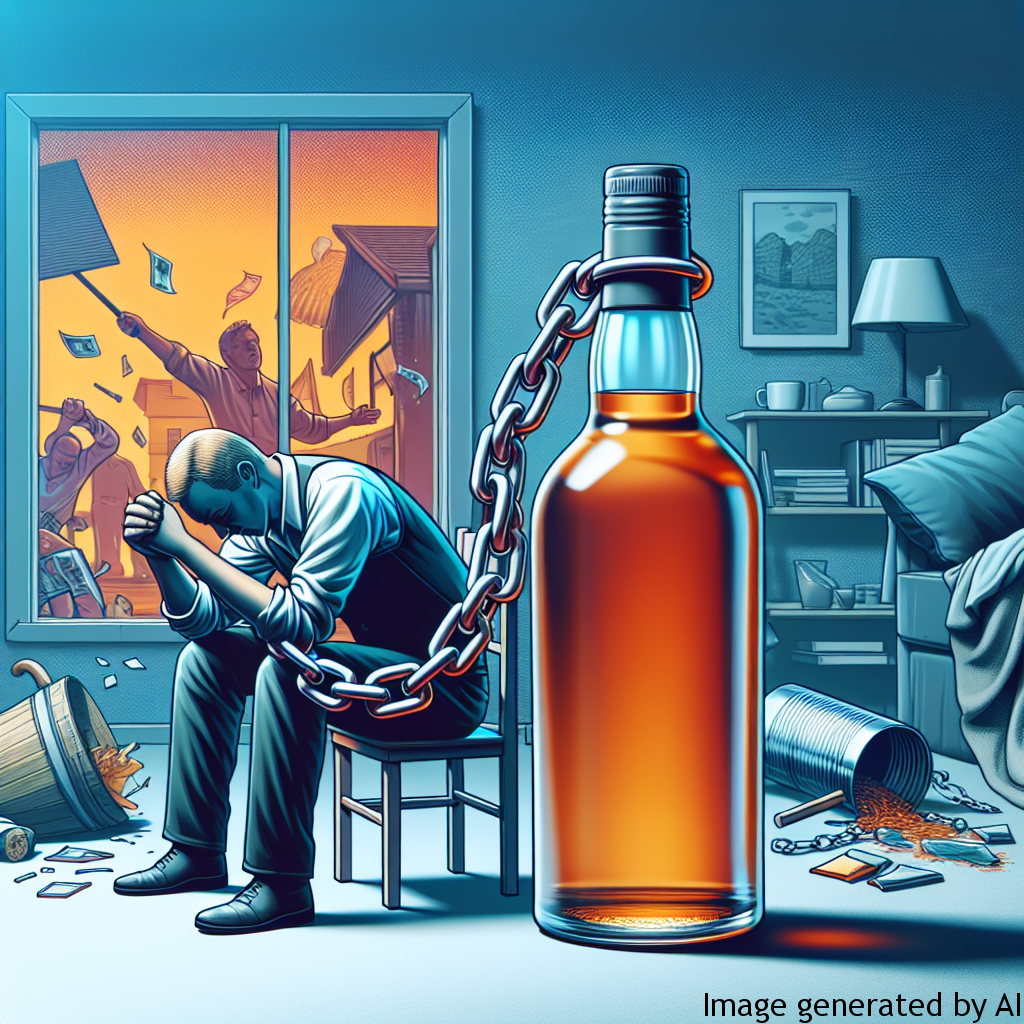Introduction
The complex relationship between alcoholism and domestic violence is both multi-faceted and disturbing. Numerous studies have identified alcohol abuse as a significant factor contributing to the frequency and severity of domestic violence incidents. This article aims to examine the role of gender expectations into the equation, seeking to explore how societal pressures on male behavior might contribute to instances of alcoholism and, by connection, domestic violence.
Description of Gender Expectations and their Impact on Men’s Mental Health
Gender expectations have long played a role in how society perceives masculinity and the roles assigned to men. Traditionally, men are expected to be strong, emotionally stoic, and the primary providers for their families.
The Pressure to Conform
The pressure to conform to these societal expectations can create an environment where men find it difficult to express their emotions openly or seek help when they are struggling, which can significantly impact their mental health. This, in turn, may lead to unhealthy coping mechanisms such as substance abuse, particularly alcohol, which is socially acceptable for men in many cultures.
Alcoholism: A False Escape
For some men, alcohol becomes a means of escaping the mental pressure or dealing with emotional turmoil. However, this ostensibly ‘simple’ solution only serves to compound their problems, as chronic alcohol abuse often leads to alcohol dependence or alcoholism. Tied into this vicious cycle is the potential for aggression and resultant domestic violence.
Examples of How Gender Roles Can Impact Men’s Lives
To further understand the link between gender expectations, alcoholism, and domestic violence, it’s crucial to consider some examples. A man, for instance, burdened by the pressure to provide for his family and be the “pillar” of strength, may turn to alcohol when he feels unable to fulfil these roles. The disinhibitive effects of alcohol could then lead to instances of domestic violence.
Moreover, a man suffering from mental health issues, say depression or anxiety, may resist seeking professional help due to societal expectations that men must handle their problems independently. He may instead turn to alcohol, leading to a potential spiral into addiction and reckless behavior, including domestic violence.
Tips for Improving Mental Health Considering Gender Roles
Given the clear correlations between gender expectations, alcoholism, and domestic violence, it’s essential to promote healthier coping mechanisms. Men need to be encouraged to seek professional help when dealing with emotional distress or mental health issues. Mental health struggles do not indicate weakness; seeking and receiving help is an act of strength.
Broadening the definition of masculinity to include emotionality and vulnerability can also help men feel comfortable expressing their emotions, possibly bypassing the path that leads to alcohol as an unhealthy coping tool.
Conclusion
To effectively address the intertwined societal issues of alcoholism and domestic violence, we must consider the profound impact of gender expectations on men’s behavior and mental health. Recognizing and challenging these societal norms is an essential step in promoting healthier coping mechanisms, reducing instances of alcohol misuse, and working towards the eradication of domestic violence.

